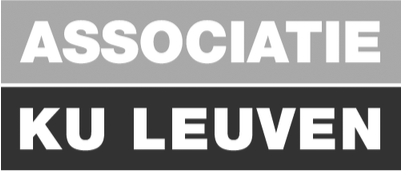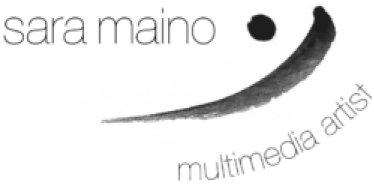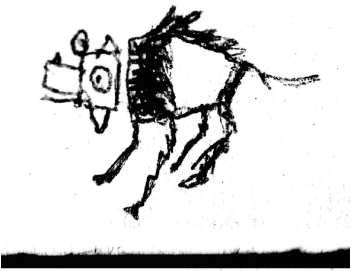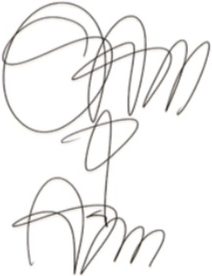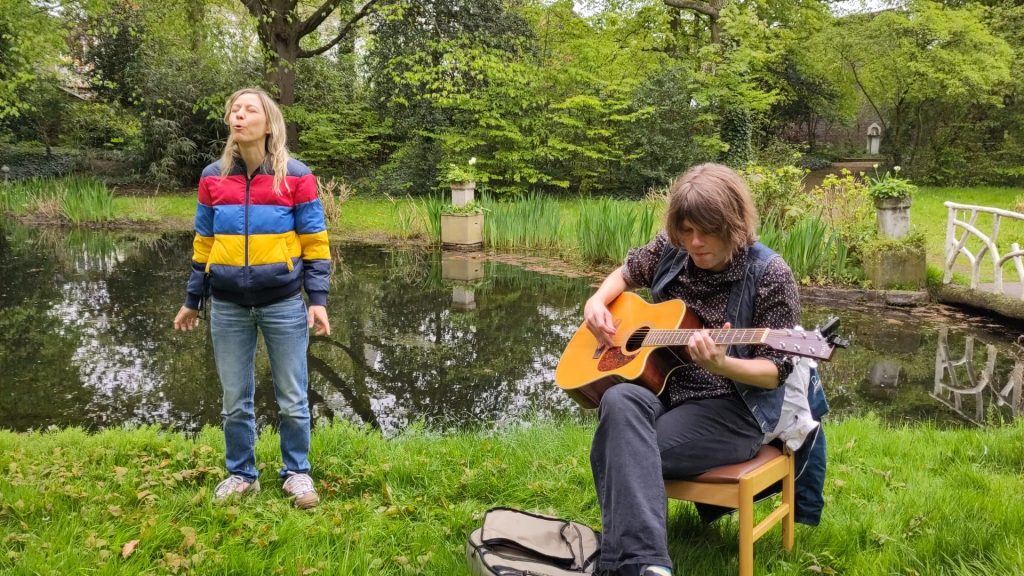
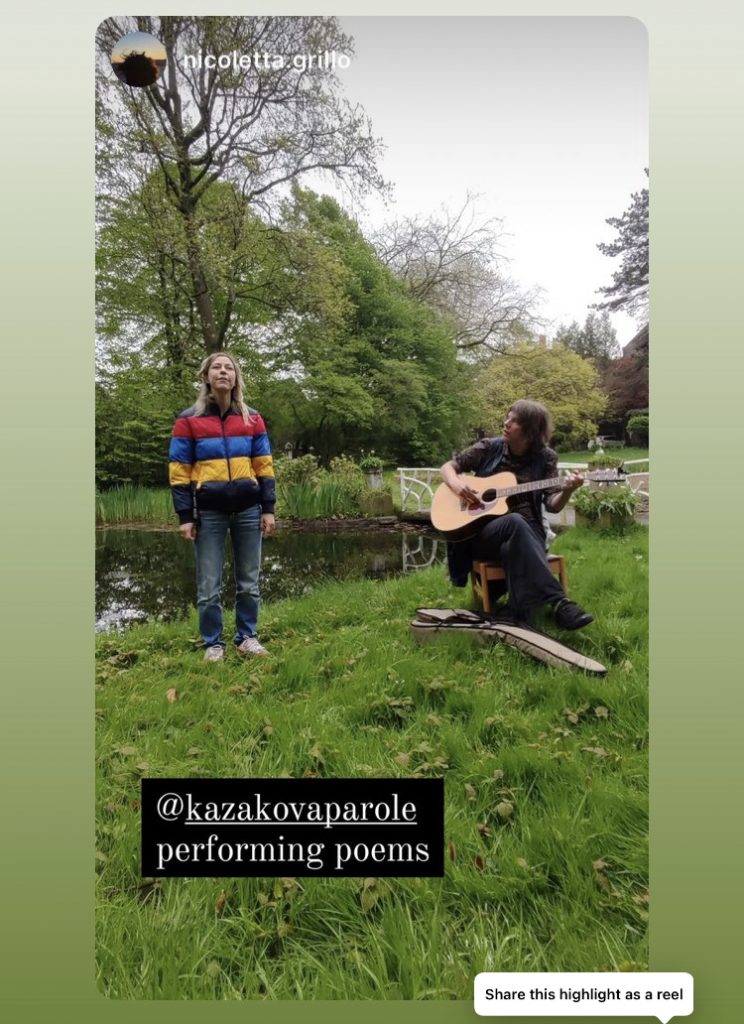 As a gust speaker, I had my fun to give a behind-the-scenes look at my research path towards #symphonism – a picture which presents a shrewd commentary on the poetic path one pursues, a story of one born in the country which doesn’t exist on the maps anymore, in a so-called “closed city” not shown on the atlas either, where once MiGs and submarines were made and where dissident and 1975 Nobel Prize winner Andrei Sakharov spent seven long years in forced exile.
As a gust speaker, I had my fun to give a behind-the-scenes look at my research path towards #symphonism – a picture which presents a shrewd commentary on the poetic path one pursues, a story of one born in the country which doesn’t exist on the maps anymore, in a so-called “closed city” not shown on the atlas either, where once MiGs and submarines were made and where dissident and 1975 Nobel Prize winner Andrei Sakharov spent seven long years in forced exile.
Abstract
A voyage towards symphonism – by Marina Kazakova
Marina Kazakova (b. Gorky, Russia, 1983) is a Russian-born, Belgium-based poet. She is Senior Communications Officer at ‘Victim Support Europe’ and is currently finishing her practice-based PhD in Arts “Lyric Poem: research on how the unique characteristics of lyric poetry can be expressed in an audio-visual medium” at the Luca School of Arts/KULeuven.
Her retreat talk will give a a behind-the-scenes look at a path of a researcher – a picture which presents a shrewd commentary on the poetic path one pursues, an ironic look that puts poetic ideals into contrast with the mundane reality.
It is a story of one born in the country which doesn’t exist anymore (USSR), in a so-called “closed city” not shown on the atlas (Gorky), where once MiGs and nuclear submarines were made and where dissident and 1975 Nobel Prize winner Andrei Sakharov spent seven long years in forced exile.
Sometimes on a cold winter day, sitting on the sofa in front of a Tarkovsky’s film, a parent would point out to a child a scene nearly identical to the one in Pieter Bruegel’s painting and say: “See that white strip of landscape? It’s a very Bruegel-esque scene.”
It is a narration of someone who was once imagining Flanders and then, thanks to poetry and the artistic research, ended up in Belgium, at LUCA School of Arts.
It’s a reflection to help the author herself to find her way through the maze of artistic research that brings one to the creation; and even if the path towards knowledge is unending, no step that takes one closer to a full understanding of the meaning of their research is too small to count.
___


